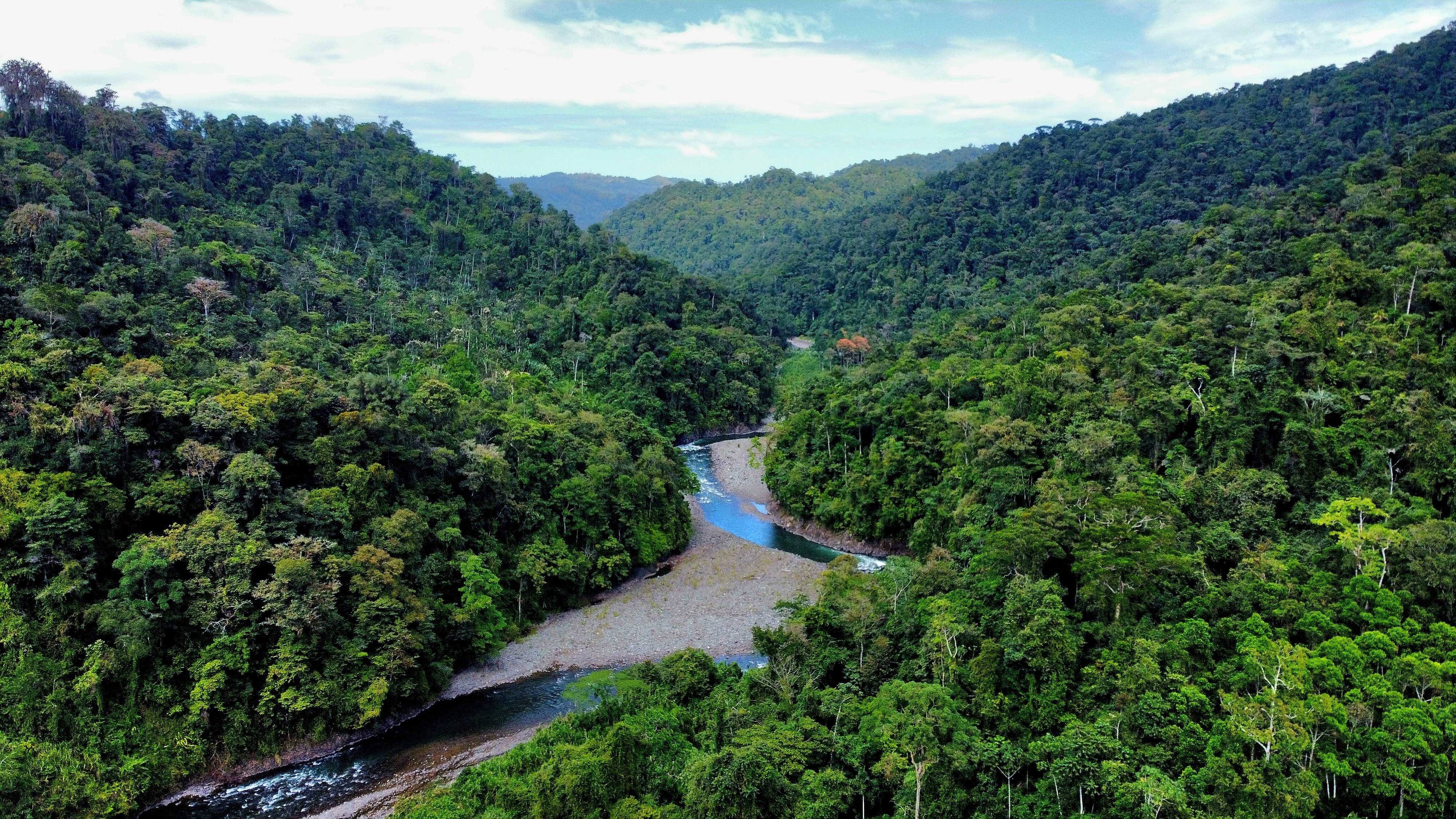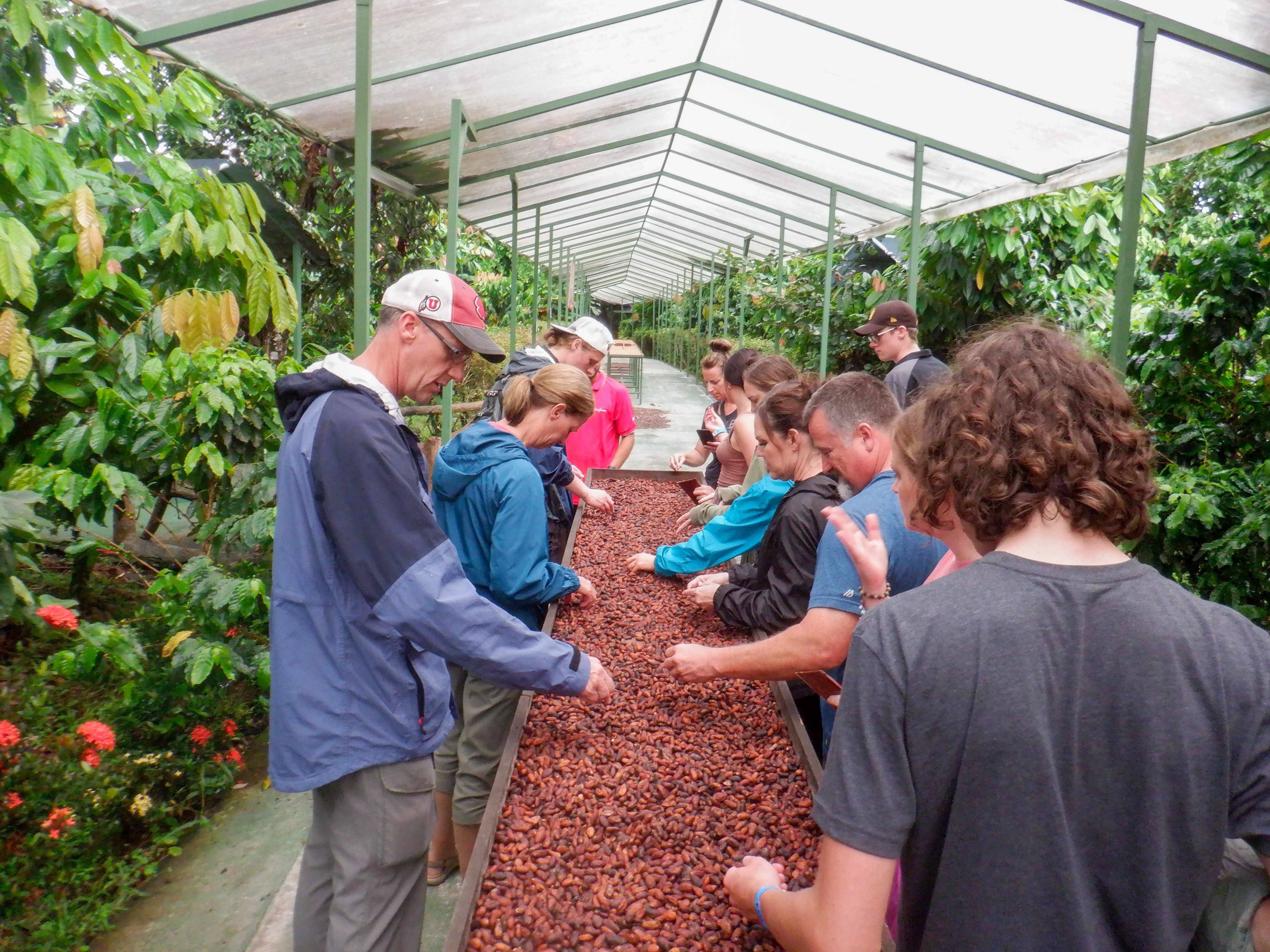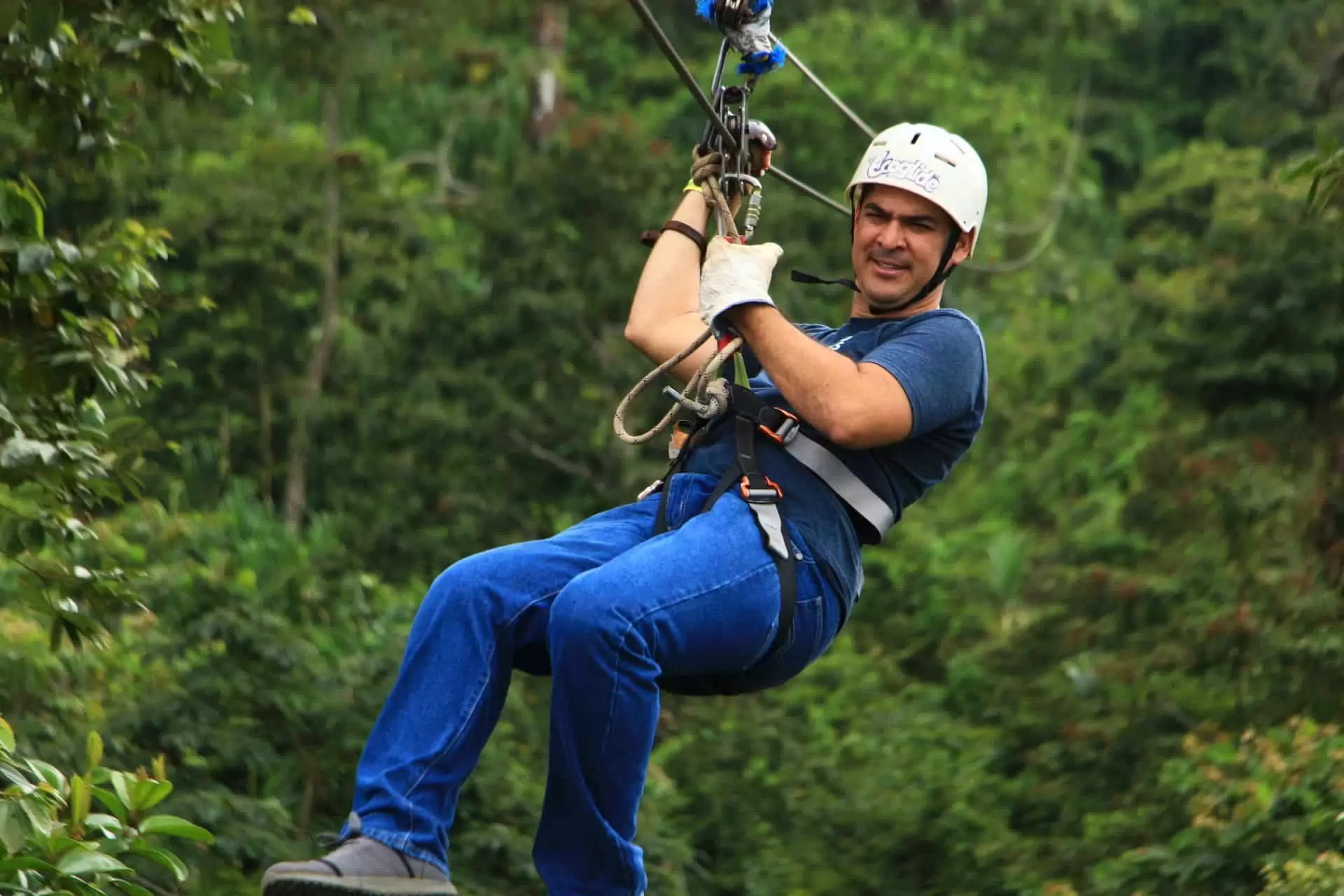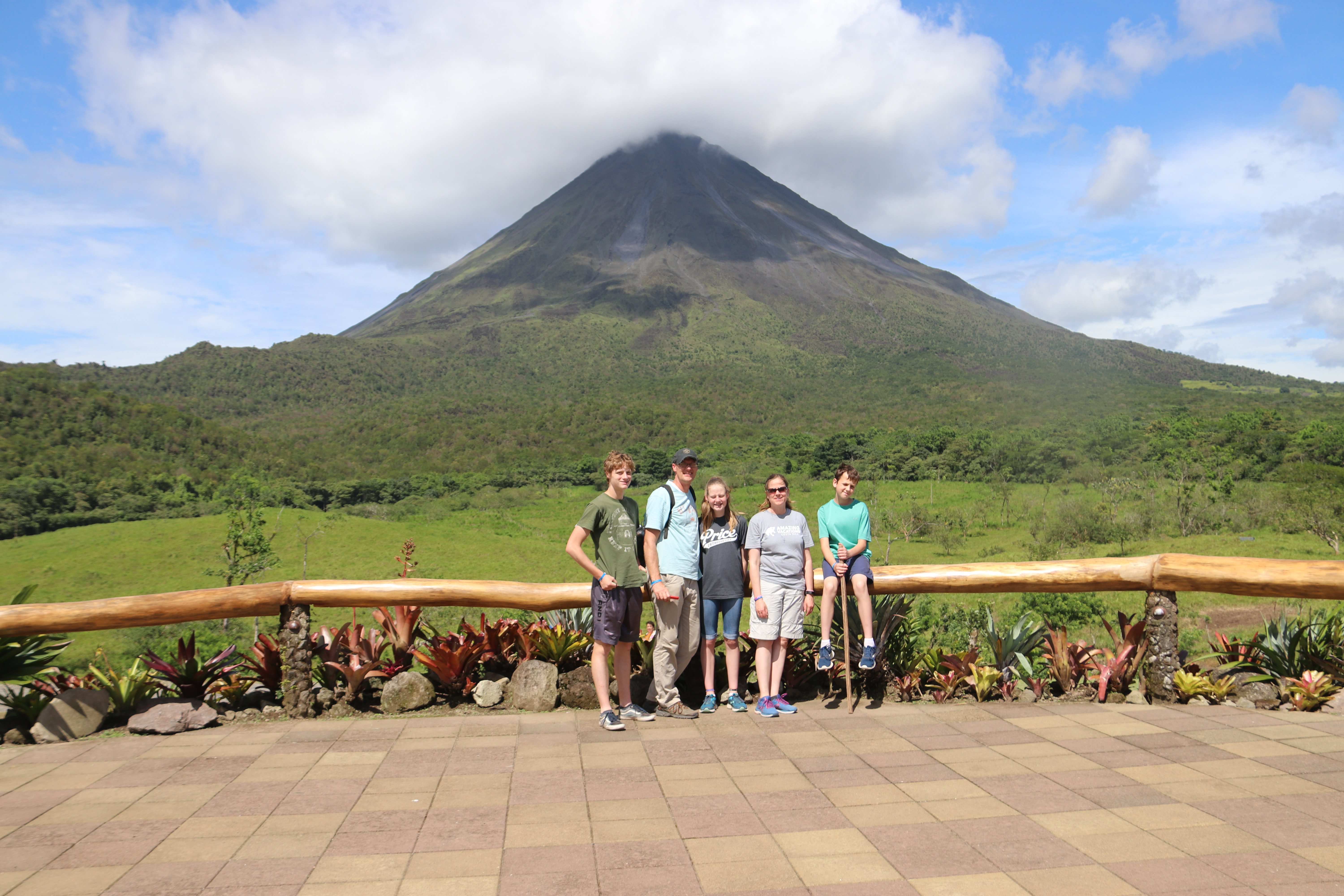Coronavirus (Covid-19) and Costa Rica
You may have travel on your mind since the general world populous is constricted to their own homes. Flights are cheap, you may have some unplanned time off, it seems like Europe is off the table, but what about Central America? Or perhaps you were planning on traveling and would like some recent news.
Much like the rest of the world, Costa Rica has cases of the Coronavirus or Covid-19. March 1, brought the first two cases of Covid-19 – a couple from New York who had contact with a known carrier prior to traveling to Costa Rica. Neither showed symptoms until the midst of their trip to Costa Rica, where they were tested, quarantined, and eventually safely returned home.
A few days after the American couple was diagnosed, a doctor from Alajuela (male, age 54), who had previously been in Panama, started showing symptoms and tested positive. Many of the confirmed Covid-19 cases in Costa Rica are linked to this man.
As of March 24, Costa Rica has 173 active Covid-19 cases and have experienced two deaths – both 87-year-old Costa Rican men.
How Costa Rica is handling Covid-19
The representative of the United Nations (UN) in Costa Rica recognized the “exceptional and innovative” way in which the country has responded to the Covid-19 pandemic. Government organizations are meeting daily to help prevent the spread of this virus. Many of the country’s organizations are working together and repurposing institutions to better suit the needs of the pandemic. For example, the National Liquor Factory (Fanal) is producing gel alcohol (hand sanitizer), instead of Guaro Cacique, to supply demand and distribute this product to the population. Visit the Ministry of Health Webpage for the latest updates. (You can select your preferred language in the upper right hand corner.)
Preventative measures include targeting vulnerable populations on myriad media avenues – a more specific focus on indigenous peoples, children and adolescents; seniors and people with disabilities to ensure that no one is left uninformed.
As of March 24, the following measures have been implemented by President Carlos Alvarado to slow the spread of coronavirus throughout Costa Rica.
- All beaches are closed to the public.
- All National Parks are closed.
- Religious centers are closed.
- Bars, nightclubs, casinos, and amusement parks are closed.
- Restaurants, cinemas, and other meeting places have a 50% occupancy limit.
- Sports have been suspended.
- All classes have been suspended until April 13.
- There is a nationwide vehicle restriction preventing the majority of people driving between 10 p.m. and 5 a.m.. Starting March 24, “all foreigners residing [in Costa Rica] or with regular migratory status in the country who leave the national territory will automatically lose their immigration status.” This applies to foreign residents (temporary or permanent) of all nationalities and has no specified end date.
The Health Ministry is working with the Costa Rican Social Security System, the University of Costa Rica, and other public universities to expand Costa Rica’s Covid-19 testing capacity.
Travel Restrictions
As of March 18 through April 12 (at midnight), only Costa Ricans and residents may enter the country for 25 days. This restriction applies to ports of entry by air, sea and land. Upon arriving in Costa Rica, citizens and residents will receive a health order and quarantine in their homes for 14 days.
International tourists currently in Costa Rica will be able to leave the country in an orderly manner and must coordinate with the respective airlines or travel agencies. Please note that flights may be limited and communication with your airline or travel provider is the best course of action.
On March 19, the US Department of State issued a level 4 travel-advisory stating that US Citizens should avoid international travel and if they are currently traveling abroad, they should try to return home as soon as possible.
We sincerely hope that the preventative measures will help reduce the number of people affected by Covid-19 and that life in Costa Rica will return to normal soon. We know that the travel restrictions will have a significant impact on the tourism industry which makes up about 8% of the gross domestic product. Costa Rica received 3.1 million foreign visitors last year, and nearly 220,000 people are employed in the tourism industry. We are worried about our friends and co-workers in the tourism industry and hope that these measures put in place help allow for a smoother fielding of this pandemic.
How Does This Affect My Trip?
If your trip was scheduled between March 18 and April 12, you will need to reschedule or cancel your trip due to the previously stated travel bans. If your trip dates are later we recommend monitoring the situation before making an informed decision.
If you need to cancel your trip and the cancellation deadlines have passed, reach out and see if the service providers are willing to reschedule, issue a partial refund, or postpone. It may be difficult to get a full refund. Please note that while many providers in the service industry are very willing to work with you to reschedule in these challenging times, certain fees may not be refundable such as credit card fees, PayPal etc. The provider has to pay these costs which may trickle down to you as the customer.
If your trip is several months away, start researching the cancellation policies on your providers – airlines, hotels, transportation, tours etc. You can typically receive a full refund if you cancel 30 days prior, however, it is wise to check with each individual provider to see if there are certain fees or restrictions when cancelling and at what dates those fees are active. Knowing this information can provide you a decision date about your travels.
If you are an individual who may be categorized as “high-risk” you should evaluate and see if your trip to Costa Rica could be postponed. Please refer to the travel page on the CDC website to see you qualify as a “high-risk” individual or to evaluate the risk of traveling to Costa Rica.





